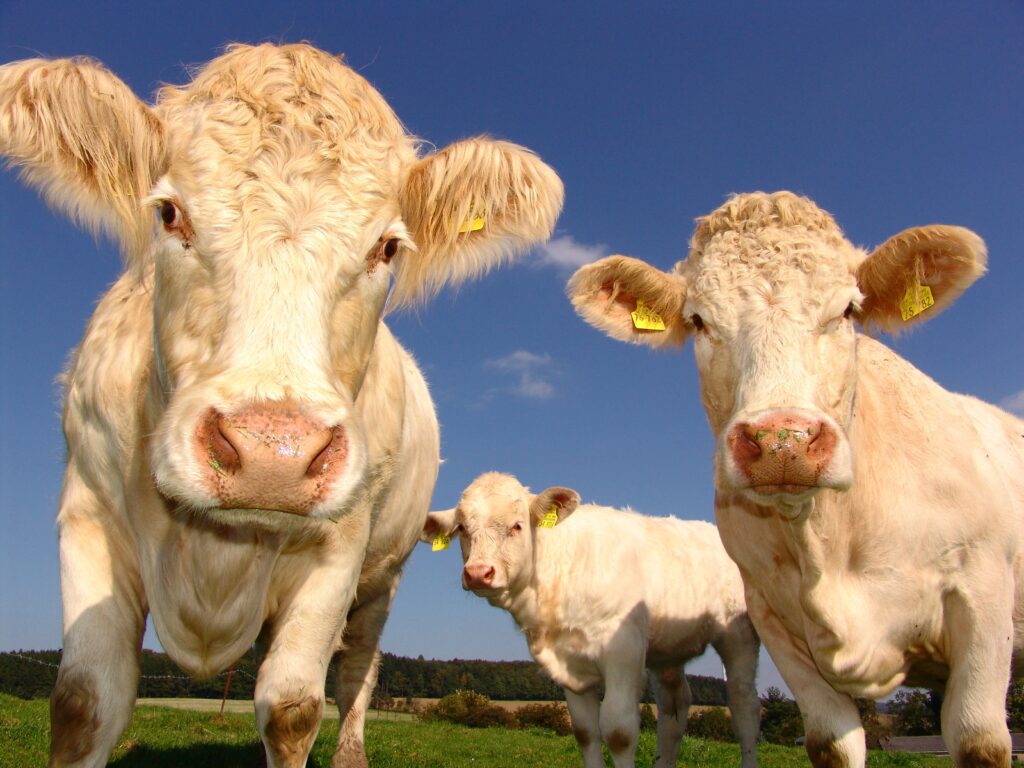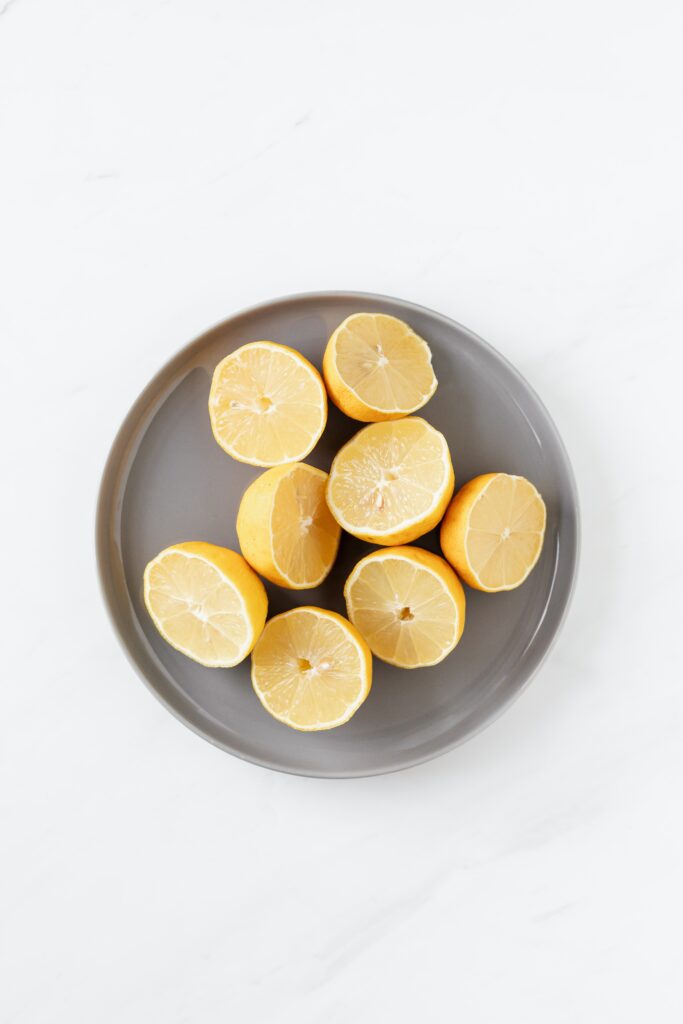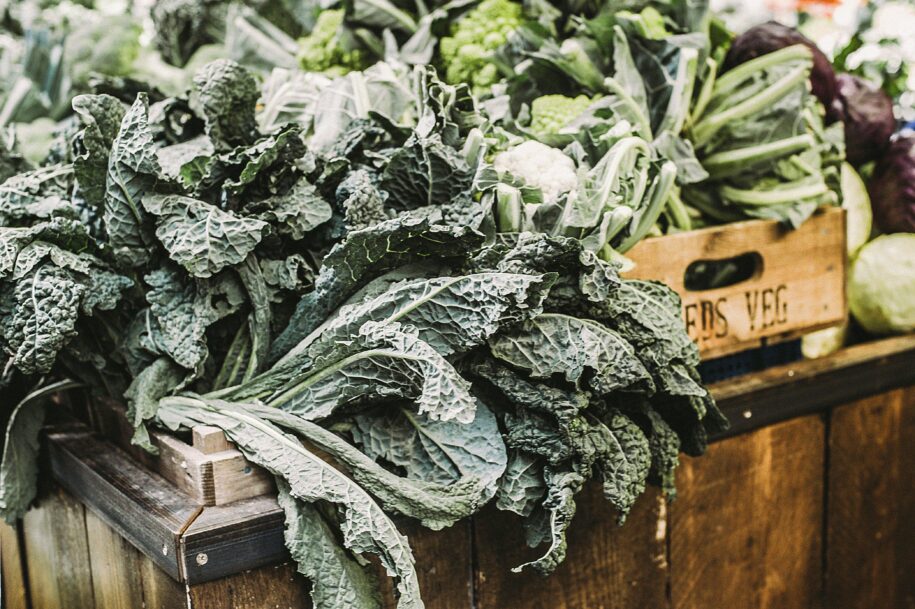One of the most common reasons people cite as a barrier to becoming vegetarian or vegan is that they know somebody who stopped eating meat and suddenly became anaemic. You may even have experienced this yourself. I certainly experienced poorer health for the few years that I cut white and red meat out of my diet, but interestingly far superior health once I transitioned to a fully vegan diet.
This topic can be a little complicated; firstly I’ll tackle why you might be more likely to struggle with iron when you cut out meat, secondly I’ll tackle why this isn’t necessarily true, and thirdly I’ll show you how to optimise your iron levels.
There is an element of truth to vegetarians struggling with iron.
Here’s why:
Firstly, people are motivated to go vegetarian or vegan through concerns for animals and the environment. We learn of the suffering of animals and the environmental footprint caused by meat and we quickly cut all of these foods out of the diet. However, what we’re not taught is how to construct a balanced and healthy diet that replaces the nutrition found in these foods.
Often foods that we perceive as healthy (and rightfully so), don’t have the levels of nutrients or calories that we expect them to do. We see Instagram models and Youtube stars claiming to eat nothing except for a four hour period of the day where they supposedly eat a banana and drink a protein shake with a handful of greens. What they’re projecting is that they have the “perfect body” and that they’re thriving and spend the rest of the day doing yoga and working out on the beach. Really, they’re selling a fantasy, and a dangerous one too. More often than not these are the same influencers who quickly stop being vegan and blame it on the lack of animal products for making them ill; when really it’s the lack of appropriate nutrition.

A good year so before I finally became permanently vegan, motivated by an advanced screening of Cowspiracy, I desperately wanted to become vegan. So the next day I blended some coconut water, a banana and some spinach together and had this as my dinner. Yes, all those ingredients are healthy; no, this is not an adequate meal. The next day I woke up feeling so weak and debilitated and could barely move. Naturally in the whole day I hadn’t eaten animal products I had developed some kind of deficiency right? LOL. That’s what I concluded, and a dietitian friend took me to get some avocado and eggs on toast and I quickly felt better. Must be the eggs right? Looking back obviously this seems really silly- clearly had I eaten tofu scramble and avocado on toast I would have also felt better, but at the time I didn’t have the knowledge that I do now to realise what was lacking, nor how to construct a vegan meal. This was also at aa time when the notion that there was something we needed in animal products to survive was even more culturally ingrained than it is now. So unfortunately, for a while, I reverted to a vegetarian diet.
Another reason for why somebody might feel worse on a vegetarian diet, aside from caloric and nutrient deficiency, comes down to what you might be replacing the meat you’ve now cut out with. Beans and soy products tend to not be a huge part of an omnivorous diet; in fact before I went vegan I had pretty much zero interest in beans- little did I know what I was missing out on. I’m sure we’ve all tried mushy, flavourless tofu and thought that it sucked. Why ever would you choose to order that in a restaurant or cook with it at home? When I went vegetarian I didn’t know WHAT to eat; as a meat eater I really didn’t eat cheese or eggs often, and I certainly never drank milk (which even as a child had grossed me out). However, a week or so into being vegetarian I started really craving eggs and cheese, and they became a predominant part of my diet. I guess my body identified these foods as ones with adequate calories and protein in, since it didn’t know yet the joys of beans!
There are many reasons why cheese and eggs aren’t health foods; and I’m pretty sure the predominant feature they became in my diet is why I started putting on weight and not looking/feeling terribly vibrant on a vegetarian diet. However, when it comes to iron, there is a second problem with these foods replacing meat; a) they’re not high in iron and b) the high calcium content in dairy actually blocks the uptake of iron from your food!
Another mistake I made, which I think is quite common, is presuming that just because I ate one particular superfood with well-publicised high iron content (such as spirulina), that I didn’t need to take care with the rest of my diet. There is no one food/superfood that just trumps overall diet quality, and if your iron levels are TRULY low, there is no food that will replace supplementation or infusion if that’s required.
There is also an element of untruth
Iron-deficiency is incredibly common; It’s the most common nutritional deficiency in the world, and (unfortunately) the world is not predominantly vegetarian or vegan. This deficiency typically affects women of child bearing age due to menstrual blood loss, even with the healthiest of diets, regardless of whether they eat meat or not. I have a few hypotheses as to why iron deficiencies are so prevalent, and aside from poor dietary quality, I suspect that the abundant tea and coffee use has something to do with it. Tannins in coffee and tea can adversely affect absorptions of minerals (such as iron) for lengthy periods of time. Aside from this, there are many reasons why somebody’s iron can be low aside from dietary factors; low stomach acid, over-exercising, sub-optimal digestion and heavy periods are a few of these.
Little known fact- Studies tend to show that vegans get higher quantities of iron from their diets than meat eaters! It is true though that due to lower absorption of plant-based iron compared to animal-based iron, that higher amounts are needed, and that attention needs to be paid to maximising enhancing factors and minimising inhibiting factors.
There are PLENTY of plant based foods that have really generous levels of iron, and switching over from meat to BEANS is a far better choice than switching over to cheese and eggs!

How can I improve my iron levels?
For some great tips on how to optimise your iron hop on over to this blog, if you’re concerned that there might be another cause of low iron aside from dietary intake, or you want some really personalised help in optimising your plant based diet, hit me up!





Leave a Reply